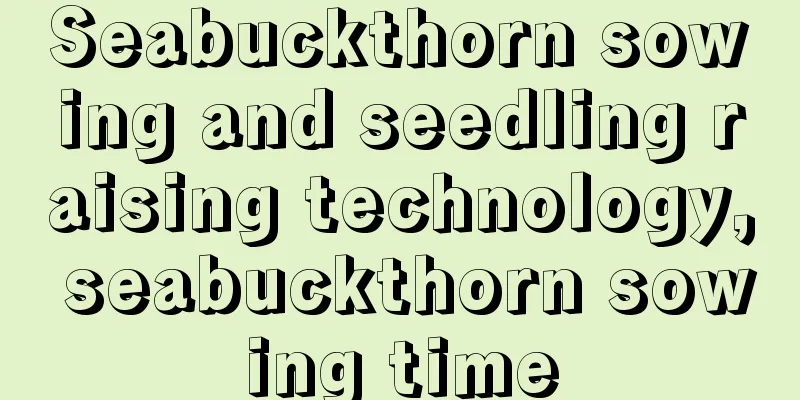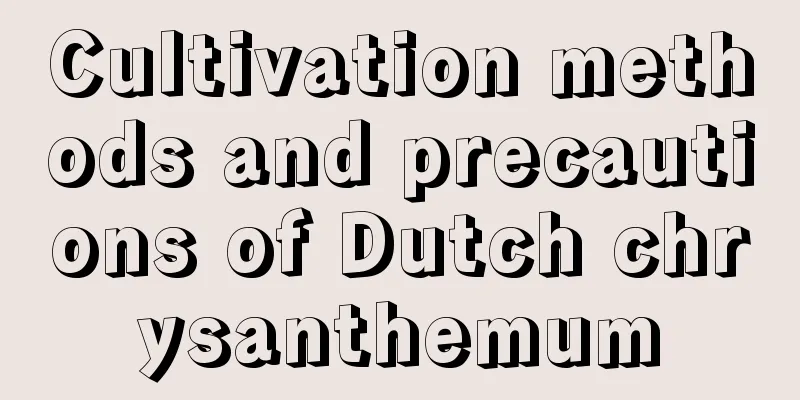What to do if hibiscus leaves turn yellow

Pay attention to watering when planting hibiscusHibiscus does not have very high requirements for water. During the growing period, just keep the soil and water in the yard moist but not dry. If you water too little or do not pay attention to the accumulation of water in the yard during the rainy season, the leaves of the hibiscus will turn yellow and fall off. Even though hibiscus does not have strict requirements for watering, we should always be vigilant about the growth of hibiscus. The principle of watering hibiscus is to water less and not accumulate. Hibiscus should be properly fertilizedEvery hibiscus planter hopes for vigorous growth and beautiful flowers. Therefore, many people fertilize hibiscus with large amounts of fertilizer, which causes the leaves to turn yellow and the plant to grow poorly. Phosphorus and potassium fertilizers are the main fertilizers for hibiscus. Use nitrogen fertilizer for reasonable topdressing. If too much fertilizer is applied, it will become dense, burn the root system, and cause the leaves to turn yellow and fall off. If you find that the hibiscus leaves turn yellow and fall off after daily fertilization, you should pay attention to whether the problem is caused by excessive fertilization. Pest and disease control of hibiscusAphids are one of the more common pests of hibiscus, causing extremely serious harm to the growth of hibiscus. Aphids suck the sap from leaves. Excessive sap can cause the leaves to turn yellow and wither. Therefore, aphids are also an important reason for the yellowing of leaves. If so, it is necessary to spray pesticides in time for treatment; Similarly, disease is also an important factor that causes hibiscus leaves to turn yellow and wither, especially leaf blight. The characteristic of leaf blight is that many small black spots appear on the back of the leaves. Using sprays such as mancozeb can restore the leaves to normal. It is forbidden to change the pot during the flowering period of hibiscusThe healthy growth of hibiscus is inseparable from repotting, but the timing of repotting needs to be good. Repotting is prohibited during the flowering period of hibiscus. The most likely result of repotting is certain damage to the root system of hibiscus. Once the root system is damaged, the flowers and leaves of hibiscus will be damaged to a certain extent, causing the leaves to turn yellow and fall off. |
<<: Why are the leaves of Schefflera turning yellow?
>>: Why are the leaves of the fragrant wood turning yellow?
Recommend
How to cultivate Fritillaria
1. Maintenance methods 1. Temperature: From its d...
Precautions for using water for hydroponic succulents
Water quality for succulent hydroponics For hydro...
Cultivation methods and precautions of Berry succulents
Berry succulents are not only easy to grow, but a...
Is garlic planting profitable? The planting cost and profit of one acre of garlic
Is growing garlic profitable? Nowadays, growing g...
How to grow daylily
1. Maintenance methods 1. Temperature: When plant...
Is herbaceous flower easy to grow? Cultivation methods and precautions
Are herbaceous flowers easy to grow? Herbaceous f...
What to do if Isuzu jade is broken
Causes of plant breakage There are two main reaso...
The solution to the problem of bougainvillea flower falling
1. Supplementary lighting It is a sun-loving plan...
Should I use a large or small basin for the keel?
Should I use a large or small basin for the keel?...
What to do if you water asparagus fern too much
1. Method If you water asparagus fern too much, y...
Does Cyclamen prefer shade or sun?
Does Cyclamen prefer shade or sun? Cyclamen, also...
How to make a single succulent mage grow multiple heads (how to make a mage grow multiple heads)
It takes time for a mage to develop a multi-heade...
The difference between love grass and lavender
1. Plant Differences Lavender is a small shrub wi...
Does the yield of Hongfei cherry increase? What is the yield per mu?
Does the yield of Hongfei cherry be high? Red Pri...
When is the best time to plant ice plant seeds?
Planting time of ice plant seeds Ice plant is an ...









